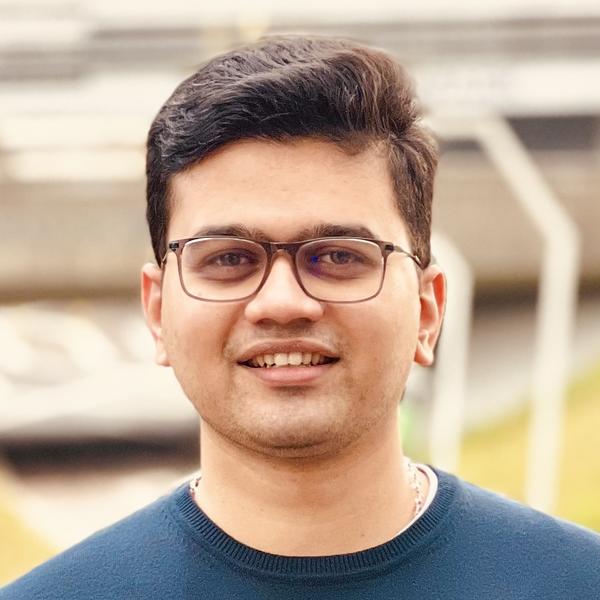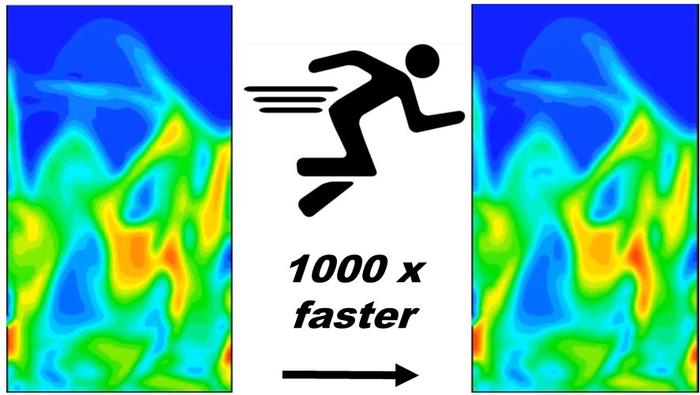Johannes Kepler University Linz [ 24 months ]
Hamburg University of Technology [ 12 months ]
Turn on Javascript!
Turn on Javascript!
Turn on Javascript!
I am Varun Dongre, and I come from Bangalore, India. I received my bachelor’s degree in Mechanical Engineering from Bangalore University, India, and a Master’s in Automotive Engineering from the Chalmers University of Technology, Sweden. My master thesis was about studying the fuel injection and liquid fuel film accumulation on four-stroke S.I and C.I engines.
I am currently working as ESR15 on my Ph.D. project titled “Time-extrapolation of continuum Two-Fluid Model (TFM) simulations of spout fluidized beds” at the department of Particulate Flow Modelling at Johannes Kepler University and Hamburg University of Technology. I have my secondments with Procter and Gamble Ltd. In Newcastle, UK.
My project aims to perform recurrence CFD (rCFD) simulations on lab-scale and Industrial pilot-scale fluidized beds for studying solid mixing, secondary gas washout, and heat transfer analysis. In addition, the rCFD simulations will be compared to traditional full CFD simulations. The detailed project description is given below.


In order to address the widespread challenge of being unable to simulate long durations, this project will further develop the recurrence CFD (rCFD) method (Lichtenegger & Pirker, Chem Eng Sci, 2016) for time extrapolation of TFM simulations of fluidized beds for studying and understanding long-term particle conversion processes.


